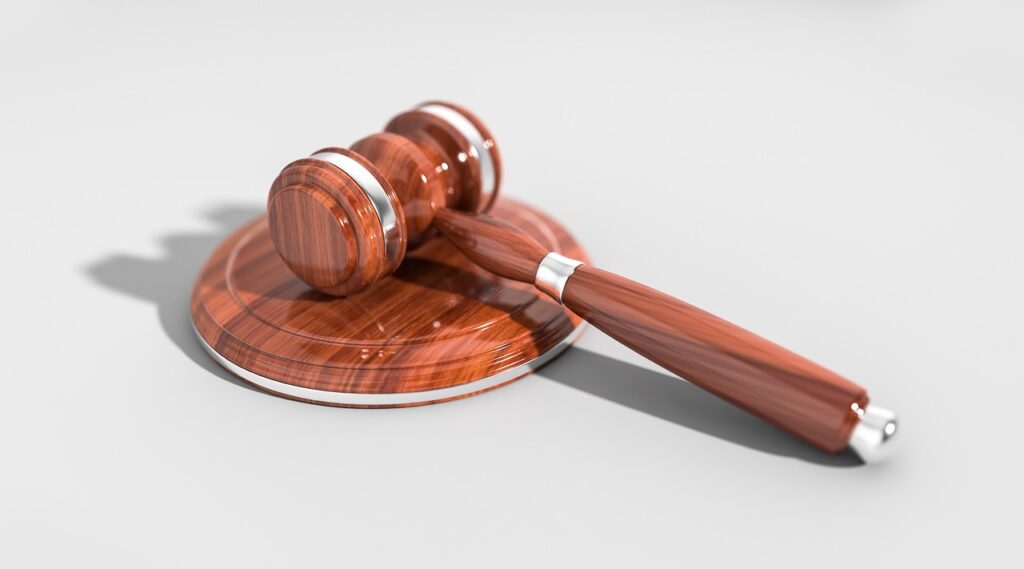Understanding what are the rights of a tenant is crucial for ensuring that you live in safe, secure, and fair housing conditions. Across various jurisdictions, tenants are protected by a range of laws and regulations designed to ensure their rights to a livable environment. This guide will provide an overview of these protections, offer advice for navigating the legal system, and help tenants understand how to address and resolve housing issues.

Knowing Your Basic Tenant Rights
At the core of tenant protections is the right to a habitable living environment. This fundamental right ensures access to safe, quality housing that is structurally sound, equipped with adequate water, reliable heat, and other essential utilities. Tenants have the explicit right to demand timely repairs and proper maintenance that guarantee their living conditions meet rigorous health and safety standards. Moreover, these rights are designed to protect tenants from any form of retaliation by landlords when these demands are made.
Tenants are also entitled to receive adequate notice prior to any changes in rental terms or scheduled maintenance activities. This includes the right to be informed of and consent to all entries into their living space, unless in cases of emergency. The scope of tenant rights covers not only physical conditions but also the respect and dignity that landlords must afford their tenants. This legal framework is in place to ensure that tenants can live in peace and security, knowing that their home will remain a safe sanctuary that adheres to all stated tenants legal rights and regulations.
By understanding and exercising these rights, tenants can assert a more controlled and secure tenancy, leading to a more stable and satisfying living situation. These protections are crucial not only for individual well-being but also for fostering a respectful and legally compliant landlord-tenant relationship.

Legal Protections Against Illegal Landlord Actions
It’s crucial for renters to be aware that there are specific laws designed to shield them from illegal landlord actions. These laws protect against various unauthorized behaviors, including illegal eviction attempts, failure to perform necessary repairs or maintenance, and violations of privacy. To enforce fairness and justice, landlords must adhere to a prescribed legal process for evictions, ensuring that tenants receive adequate notice and have the opportunity to contest the eviction when justified.
Moreover, these protections are essential for maintaining the balance of power in the landlord-tenant relationship, preventing landlords from exploiting their position. They also ensure that tenants can live without undue stress about sudden homelessness or living in substandard conditions. Understanding these rights empowers tenants to stand up for themselves in situations where landlords may not fulfill their obligations. This legal framework not only supports tenants in maintaining a safe and stable living environment but also promotes a culture of respect and responsibility among landlords. By knowing and asserting these rights, tenants can significantly enhance their living experience and ensure they are treated fairly under the law.

Navigating Lease Agreements and Disputes
Understanding your lease agreement is essential since it outlines your rights and responsibilities as a renter. If disputes arise, tenants have the right to seek legal recourse. This might involve mediation or court action, depending on the severity of the dispute. Tenants can also seek help from local tenant associations or legal aid organizations dedicated to housing issues.
How to Handle Housing Issues
For tenants facing housing issues, it’s vital to document all communications with landlords regarding the issue. Keep records of all interactions, repairs requested and done, and any correspondences that relate to your tenancy. This documentation can be crucial if legal action becomes necessary.
For more detailed information on what the Renter’s Bill of Rights covers, including topics like eviction prevention and the right to organize, visit this comprehensive guide on Renter’s Bill of Rights.
Tenants Legal Rights: Knowing When to Seek Help
If you feel that your rights as a renter are being violated, it’s important to seek help. Many communities have legal aid available to tenants or organizations that work specifically on tenants legal rights. These resources can provide guidance and, if necessary, legal representation to ensure that your rights are protected and upheld.
Engaging with Safe Housing Initiatives
For those looking to understand what makes a community safe and conducive for its residents, learning about local safety and housing initiatives is key. You can find more about community safety in What Makes a Community A Safe Place To Live.
What are your rights as a renter? They are your first line of defense against unfair treatment and poor living conditions. By understanding and asserting your rights, you can not only protect yourself but also contribute to broader efforts toward fair and safe housing for all.
Join the Safe Homes Movement and make a tangible difference. Our Service Learning Trips provide hands-on opportunities to apply your skills in real-world settings, empowering communities and helping to build safe, sustainable housing solutions. To learn more about how you can be part of these transformative projects, download our Safe Homes Movement brochure and start your journey toward creating lasting change.






